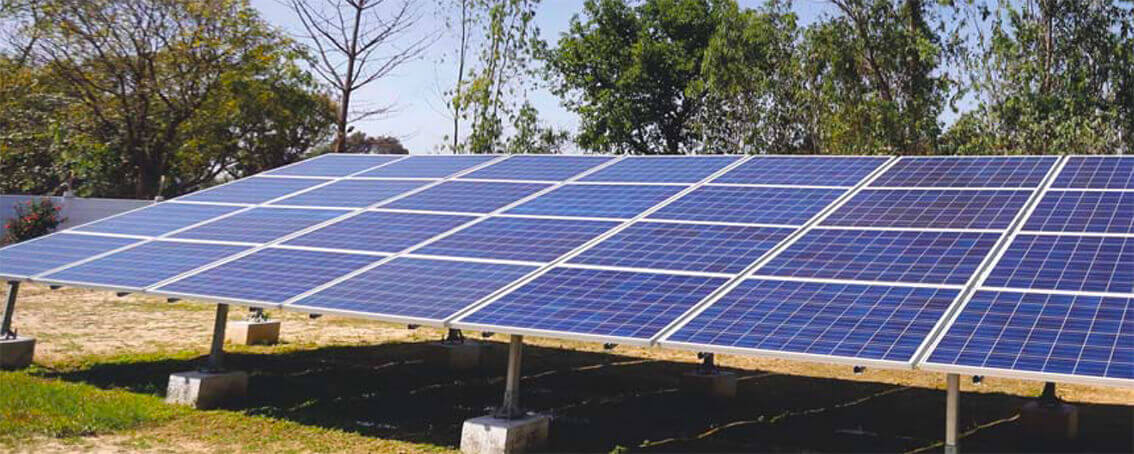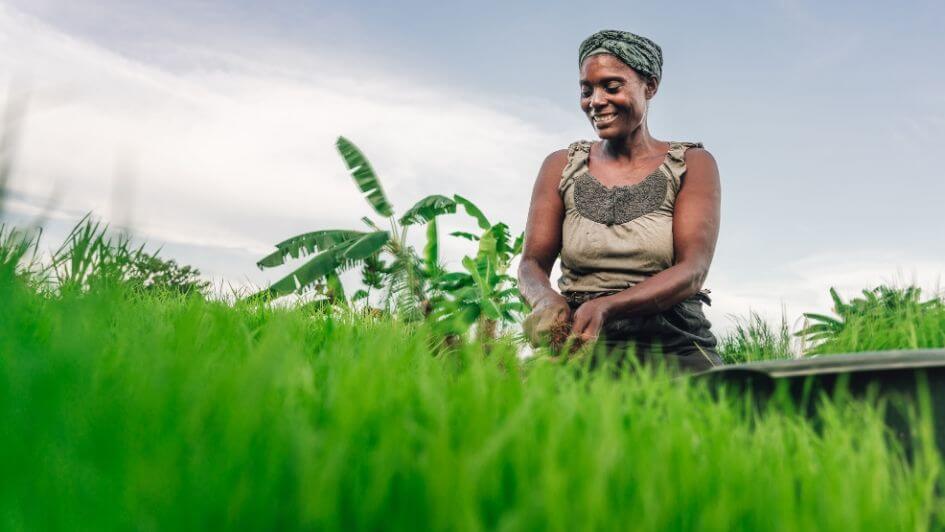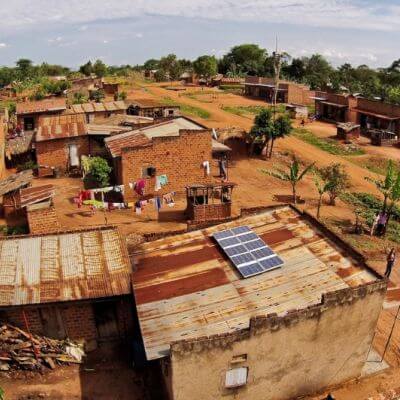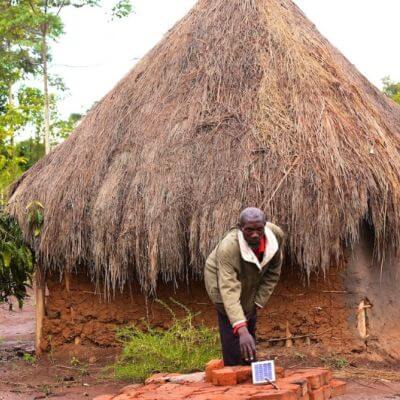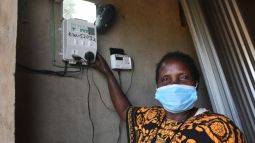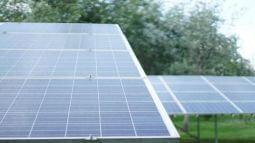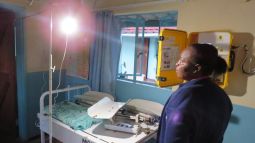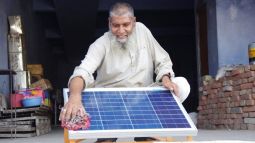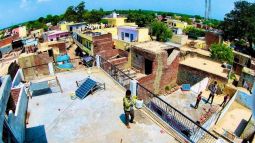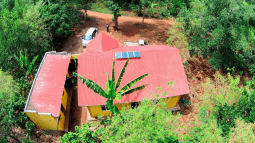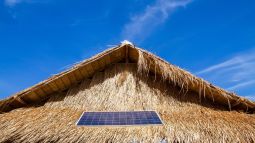Crops and Kilowatts: Transformational Potential of Decentralized Renewable Energy in Africa's Agrifood Landscape
In the upcoming weeks, Power for All will explore the potential of decentralized renewable energy, or DRE, and its transformative role in bolstering Africa's agrifood system. Amid the ongoing wave of technological innovation, DRE technologies have surfaced as a substantial force capable of modernizing traditional farming methods and fostering a sustainable agricultural ecosystem in Africa.
The Path to Universal Electricity Access: The Role of Technology, Market Forces and Policy
Technological innovation has always been the wind in the sails of human progress, pushing societies forward and opening up new realms of possibilities. Its transformative role can be seen vividly in the effort to achieve Sustainable Development Goal 7 (SDG 7), which aims to ensure universal access to affordable, reliable, sustainable, and modern energy.
The Battle Against Energy Poverty: Will Macron's Summit Deliver for the World's Poorest?
Today, French President Emmanuel Macron will host a Summit for a new global financing pact in Paris. Over 100 heads of state, policymakers, and international organizations will convene to discuss financing solutions to respond to global crises, including climate change, development, and biodiversity loss.
Blockchain is in the spotlight this month and you will get to know of its potential in the battle against energy poverty. Blockchain can be a game-changer in accelerating the scaling of innovations to increase energy access to the millions of people rural communities living in Africa and Asia living without access to reliable power.
Neither centralized nor decentralized energy is purpose-built to end energy poverty at scale, alone. Integrated energy approach through public private partnerships can accelerate energy access, through faster and lower-cost electrification, and advance productive use of energy. However, regulatory and finance interventions are needed to transform national energy systems into robust networks that deliver reliable, affordable, universal access for all.
Over 50 years ago, the World Health Organization (WHO) declared that access to quality health services is a fundamental human right. This declaration is echoed by SDG 3 (“Ensure healthy lives and promote well-being for all at all ages”). However, today only half of the global population has access to health care.
African healthcare officials describe the urgent need for much greater support for electrifying rural healthcare facilities, calling the situation an emergency because of COVID-19.
Jharkhand Renewable Energy Development Agency (JREDA) unveiled the "Jharkhand State Solar Policy 2022" on July 5, 2022, outlining its vision to bring solar energy closer to the local communities, businesses, and industries. The policy aims to achieve 4000 MW of solar power capacity across a variety of applications by 2027.
In a country where 56 per cent of the population still has little or no access to electricity, achieving universal access in the next couple of years is an ambitious goal. This is, however, exactly what the Ethiopian government hopes to achieve by 2025 through a combination of grid and off-grid based solutions. To ensure this aspiration becomes reality, the country must increase financing for off-grid renewable energy solutions and find ways to boost knowledge and understanding of the sector.
As deputy director for Africa for the World Resources Institute in Kenya, Rebekah Shirley works with local clean energy companies that demonstrate to the world that Africa is invested in fighting climate change, she said in a TED Talk.
Power for All looks into the role India needs to play in ending energy poverty by increasing investments in decentralised renewable energy sector.
To be successful, the energy transition will require a generational transition as well. New ideas, new leadership, and new opportunities depend on putting young people at the center of shaping the future of energy systems in Africa and Asia. The time for business-as-usual approaches is ending, as we take the first steps toward the next energy generation and a new legacy.
